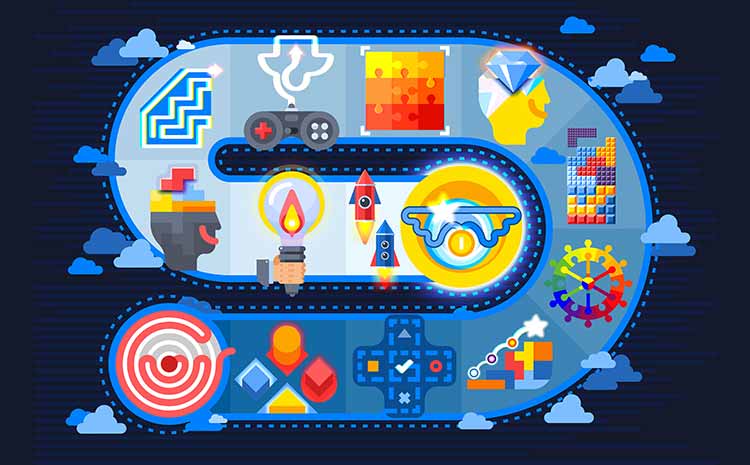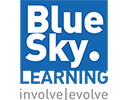
- April 20, 2021
- bluesky
- 0 Comments
- Behavioral Skills, Virtual Learning
Designing a Behavioural Skills Program that actually works
At Bluesky Learning we envision a world, where all learning is impactful, engaging and fun for everyone.
But when learning has to translate into concrete actions and sustained habits, it becomes challenging to design a program that can address this – primarily because changing behaviours is hard work – our own and that of others. So, I have put together a few questions that can help you design a behavioural skills program that actually works irrespective of whether it is virtual, digital or physical.
The 5 Questions
For example, if we want to design a communication skills program for first-time managers, your content is likely to start with saying what communication skills mean and go on to say why it is relevant for that particular person in that particular role.
But most of that content is actually fairly commonsensical. For example, the one element which is talked about a lot in communication skills is effective listening. Everyone knows that effective listening is important in communication.
But when learning has to translate into concrete actions and sustained habits, it becomes challenging to design a program that can address this – primarily because changing behaviours is hard work – our own and that of others. So, I have put together a few questions that can help you design a behavioural skills program that actually works irrespective of whether it is virtual, digital or physical.
The 5 Questions
- What?
- Why?
- Where am I?
- What’s in it for me?
- Now what?
For example, if we want to design a communication skills program for first-time managers, your content is likely to start with saying what communication skills mean and go on to say why it is relevant for that particular person in that particular role.
But most of that content is actually fairly commonsensical. For example, the one element which is talked about a lot in communication skills is effective listening. Everyone knows that effective listening is important in communication.
So you have to go beyond that learning and actually make it relevant for the audience. So how do we do that?
So going further from what and why, you have to get the participants to reflect on where they stand on communication skills. Prompt them to ask questions like: Where do I stand on my communication skills? Where do I stand on listening? Am I clear when I communicate? If we do not get them to see the gap between their knowledge and what they demonstrate every day – right in the beginning, that learning will never happen. This is so because you are only telling them what they already know!
So your design should include a scenario, a case study, a game, an activity or a reflection tool where they are able to clearly see the gap between what they know and what they actually do.
The next step is to ask them why this skill is important and how it manifests in their daily work – for their particular role in the organization. So that’s the part that you have to get them to answer. You could use examples or real-life situations and ask them to either work individually or in groups to work on a solution to that typical situation. The idea is to get them to see how they’re able to apply that particular skill in a situation that is typical of their job role.
You have to nudge them one step further where the participant has reflected on where he/she stands on this behaviour and understands the application of that behaviour in his/her job role.
But the learning doesn’t end there! But the learning doesn’t end there!
A good behavioural skill program has to answer the last question: Now what?
Bhaskar Thyagarajan, CEO & Founder – Bluesky Learning
- Now, what do I do with all this knowledge?
- How do I make this change?
- How do I make it part of my working style going forward?
Bhaskar Thyagarajan, CEO & Founder – Bluesky Learning
